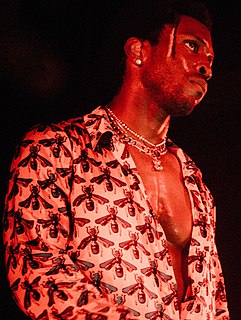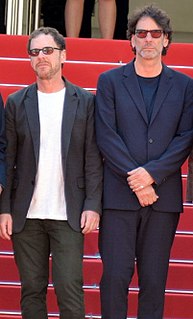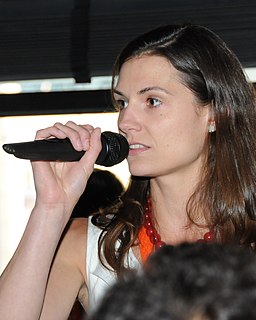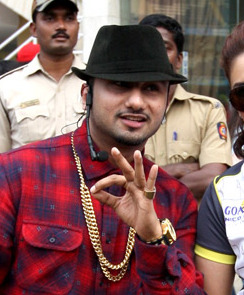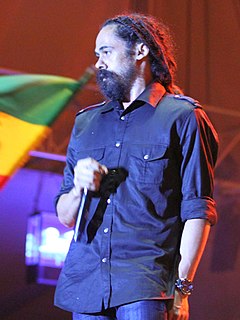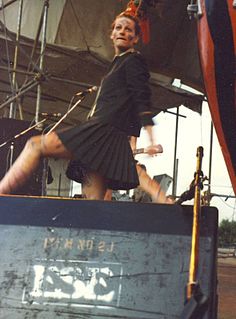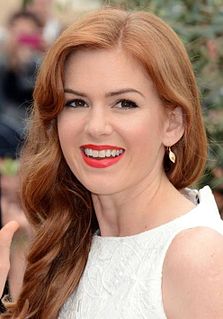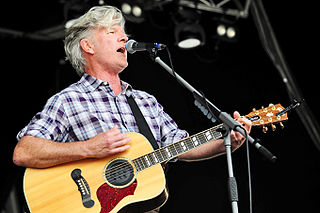A Quote by Saint Jhn
There's no real music scene in Guyana, but there's a music space. So there's no scene because there's no economy for it, but there's a space because everything that spills over dancehall and reggae, spills over.
Quote Topics
Related Quotes
I always thought the piano scene was kind of unique to shoot because we were actually able to film with the playback of the actual song. And that was quite amazing because it almost made it easier - music is usually something that is added after filming has finished so to be able to shoot a scene with music was really wonderful.
A lot of times you can write a scene with a specific song in mind, and then you lay it over the image, and it kills it. I can never figure out why certain music works. Some music you listen to and say, "Man, that would be great for a movie." But when you try it, it's horrible, because the music itself is cinematic. The weight of it kills the image.
For me space rock is something that takes you out of yourself and out of your normal realm. And if space happens to be that inner space or outer space it's a very personal thing. I think that mantra is space music. I think that Native American tribal drumming is space music. Anything that allows you to go inward to go outward and to move within a space that is not normal to your reality.
The big change was reggae and hip-hop, which came along after Split Enz had started. When Bob Marley first visited New Zealand, he lit a fuse that is still burning very brightly. The Maori people particularly honor reggae music in a very big way. So there is a strong reggae scene and a strong hip-hop scene, especially among Samoans. There's still plenty of quirky stuff around. No one expects to make much money here, so it definitely does encourage an underground sense.
